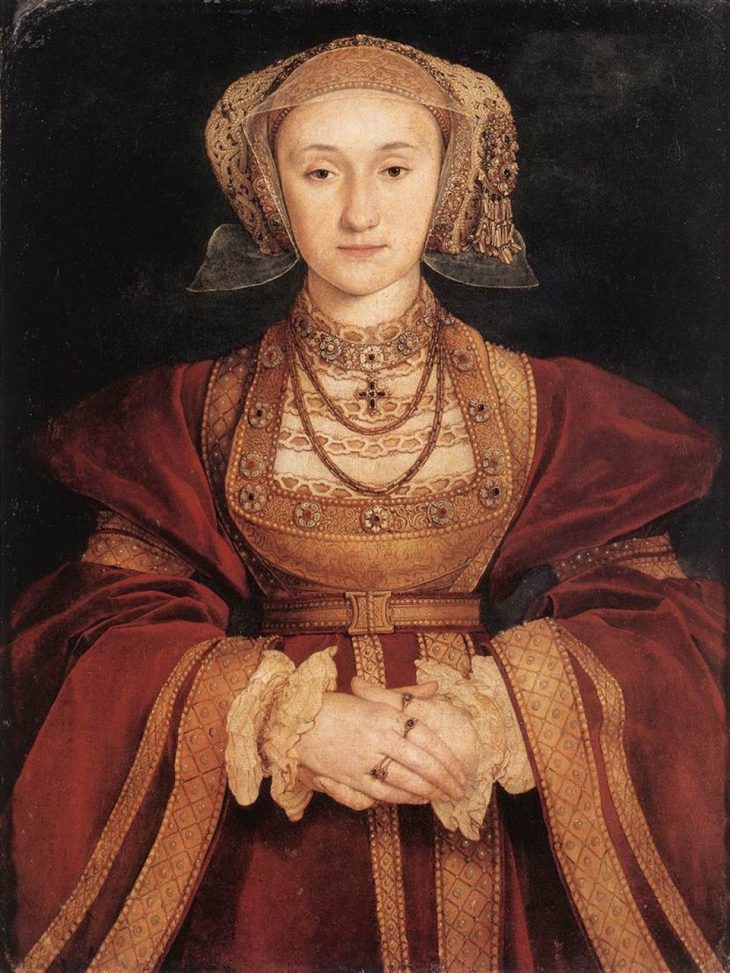
Word of the Day: Valedictory
Today’s word of the day, courtesy of the Words Coach (https://www.wordscoach.com/dictionary), is valedictory. Valedictory is an adjective that means “of or relating to a valediction : expressing or containing a farewell” (https://www.merriam-webster.com/dictionary/valedictory). It can also be used as a substantive, “an address or statement of farewell or leave-taking” (ibid.).
Etymonline.com says that the word entered the language in the “1650s, ‘pertaining or relating to leave-taking, uttered at farewell,’ from Latin valedictum (past participle of valedicere; see valediction) + -ory. As a noun meaning ‘valedictory address’ from 1779” (https://www.etymonline.com/search?q=valedictory).
M-W goes on to say, “Valedictory addresses delivered by earnest young valedictorians at high school and college graduations are as much a sign of spring in the United States as baseball games and cookouts. Though we don’t know where the first valedictory address was given, we do know that the word was an institution at some colleges in the U.S. by the mid-1700s. English speakers and writers have also used valedictory in non-academic settings since the mid-1600s. Since a valedictory speech is given at the end of an academic career, it is perfectly in keeping with the meaning of its Latin ancestor, valedicere, which means ‘to say farewell’” (https://www.merriam-webster.com/dictionary/valedictory). I would guess that a lot of people think that valedictorian has something to do with being especially accomplished academically because the valedictorian is the student with the best GPA who, therefore, gets to give the big speech at graduation. But the Latin root vale translates as “goodbye.” And the Latin root dict translates as “says.” So it really just means “saying goodbye.”
A slightly different form of the word is valediction, and it appears in English in the 1610s. And we can be pretty certain of its existence in English at that time because of a famous poem by John Donne, written in 1611 or 1612, though not published until 1633.
Donne grew up in somewhat difficult circumstances (his father died when he was four), but he was privately schooled and ended up at Lincoln’s Inn. He was groomed for a diplomatic career, and he became the amanuensis to the Keeper of the Seal, Lord Thomas Egerton. But he made a kind of mistake—he fell in love with Egerton’s niece, Anne More. They married secretly, against the wishes of both Egerton and Anne More’s father, who was Lieutenant of the Tower of London. The marriage ruined his career for most of a decade, and Donne and his young wife struggled financially (https://en.wikipedia.org/wiki/John_Donne).
But he was a lawyer, and he and his wife lived the country life for a while, including Donne’s being elected to Parliament. Eventually he was noticed by King James I. Eventually, at the king’s urging, Donne would take holy orders in the Church of England and become the Dean of St. Paul’s in London, where he preached, wrote poetry and prose, and served as a pastor. Anne Donne died in 1617 after bearing 12 children. Sadly, she did not get to see him at his most successful. It seems that it was a love marriage.
Around 1611, Donne took a trip to the continent with his employer at the time, Sir Robert Drury. His wife was pregnant, undoubtedly. So he wrote her this poem with the word valediction in the title. And for today’s word of the day, I’m going to finish by just sharing one of the most beautiful love poems in the English language.
A Valediction: Forbidding Mourning
As virtuous men pass mildly away,
And whisper to their souls to go,
Whilst some of their sad friends do say
The breath goes now, and some say, No:
So let us melt, and make no noise,
No tear-floods, nor sigh-tempests move;
‘Twere profanation of our joys
To tell the laity our love.
Moving of th’ earth brings harms and fears,
Men reckon what it did, and meant;
But trepidation of the spheres,
Though greater far, is innocent.
Dull sublunary lovers’ love
(Whose soul is sense) cannot admit
Absence, because it doth remove
Those things which elemented it.
But we by a love so much refined,
That our selves know not what it is,
Inter-assured of the mind,
Care less, eyes, lips, and hands to miss.
Our two souls therefore, which are one,
Though I must go, endure not yet
A breach, but an expansion,
Like gold to airy thinness beat.
If they be two, they are two so
As stiff twin compasses are two;
Thy soul, the fixed foot, makes no show
To move, but doth, if the other do.
And though it in the center sit,
Yet when the other far doth roam,
It leans and hearkens after it,
And grows erect, as that comes home.
Such wilt thou be to me, who must,
Like th’ other foot, obliquely run;
Thy firmness makes my circle just,
And makes me end where I begun.
Today’s image is supposed to be a portrait of Anne Donne that I found on a social media site. I hope this really is she. She must have been an incredible woman to have inspired such love and poetry (https://64.media.tumblr.com/2e0b6c9f91250f495bfe7232ce7ac2f1/tumblr_odnuszmgfy1vcycmbo2_1280.jpg).